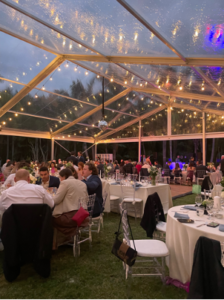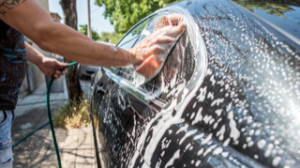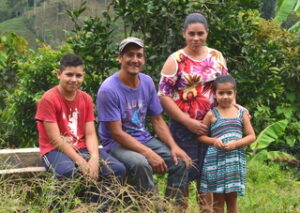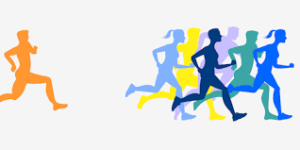The Tyre Nichols Killing: Where Should the Conversation Start?

By now, most of America is familiar with the story of the five Memphis policemen that beat to death Tyre Nichols, a 29-year-old man who had been pulled over on Jan. 7 for “reckless driving.”
When I saw the initial reports, I thought, “Oh, boy. Is this another BLM moment? White cops brutalizing unarmed Black men?” But then the photos were released. All five of the accused police were Black.
What to make of it?
I had a good idea of what the polarized, political response would be. The BLM contingent would see it as an effect of structural racism. It doesn’t matter that the cops were Black. They were acting as they’d been conditioned to act. The anti-BLM contingent would point out that this is just another example of Black-on-Black crime.
These arguments are already being voiced loudly in the media. That’s too bad, because I was hoping it would be seen, by both Blacks and Whites, as I saw it. As an example of police brutality, which has been a serious problem in the US for as long as there have been police. A problem that will never be resolved so long as we examine it as a symptom of race.
I asked Sam, an ex-police (and Black) training partner, if he thought this was a hate crime caused by structural or systemic racism.
“It’s not about racism,” he said.
“Then what?” I asked.
“The root problem is cultural,” he said. “Police culture. It’s about isolation, fear, intimidation, and tribalism.”
I nodded.
“It starts at the top,” he said, “with the old guys. And it is handed down, as a cultural norm, to each new class of cadets. It’s invisible. But it’s powerful.”
“Let me ask you this,” I said, “if Nichols were White, do you think this would have happened to him?”
“I’d say the chances would be less. For sure. But in this case, what you have is five Black cops beating a young, unarmed Black man to death. I don’t believe for a minute that they aimed to kill him. They couldn’t have been that stupid.”
“So, what did they mean to do?”
“Exactly what they did. Beat someone who they felt needed a beating.”
“What do you mean?”
“How do I put this? Yes, I think if this kid were White, they might have thought twice about beating him so badly. And you can call that White privilege. But that doesn’t mean the core problem is racism, that Whites are less likely to take a beating than Blacks. If the victim were a Black woman or a Black senior, they would have been at less risk, probably much less risk, than a young Black man. Or even a young White man. What I’m saying is that the core problem here is that these guys felt they had the moral right to beat up someone, anyone, for any reason. That is an educational problem, a cultural problem. The problem is police culture. That’s what needs to change.”









